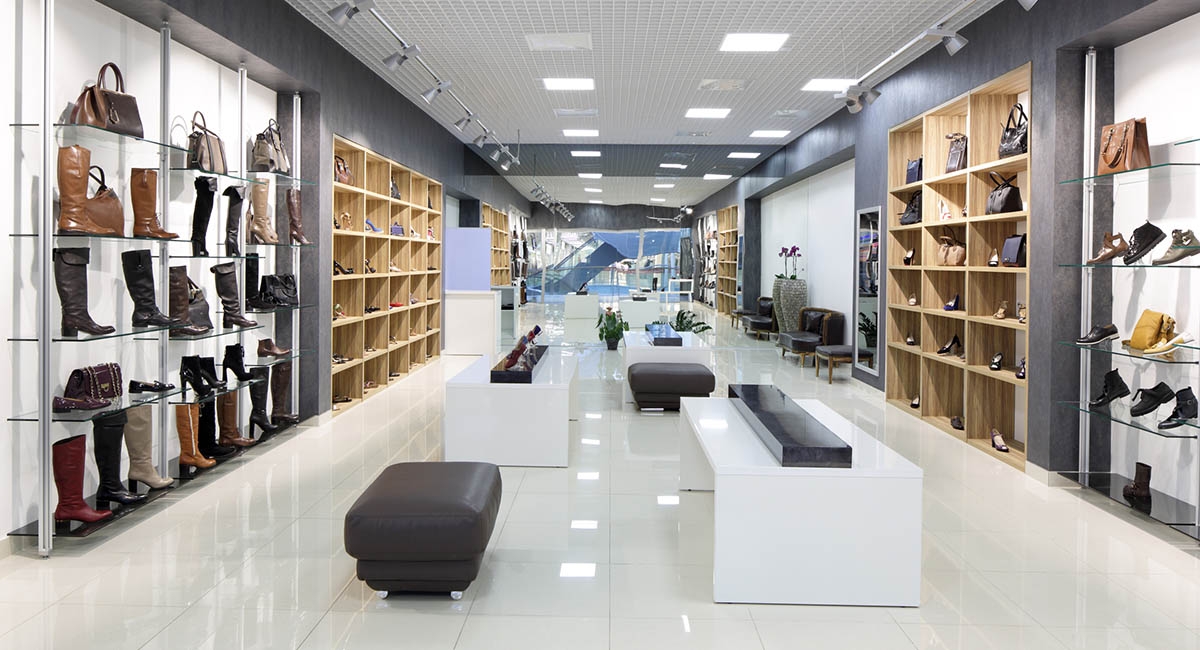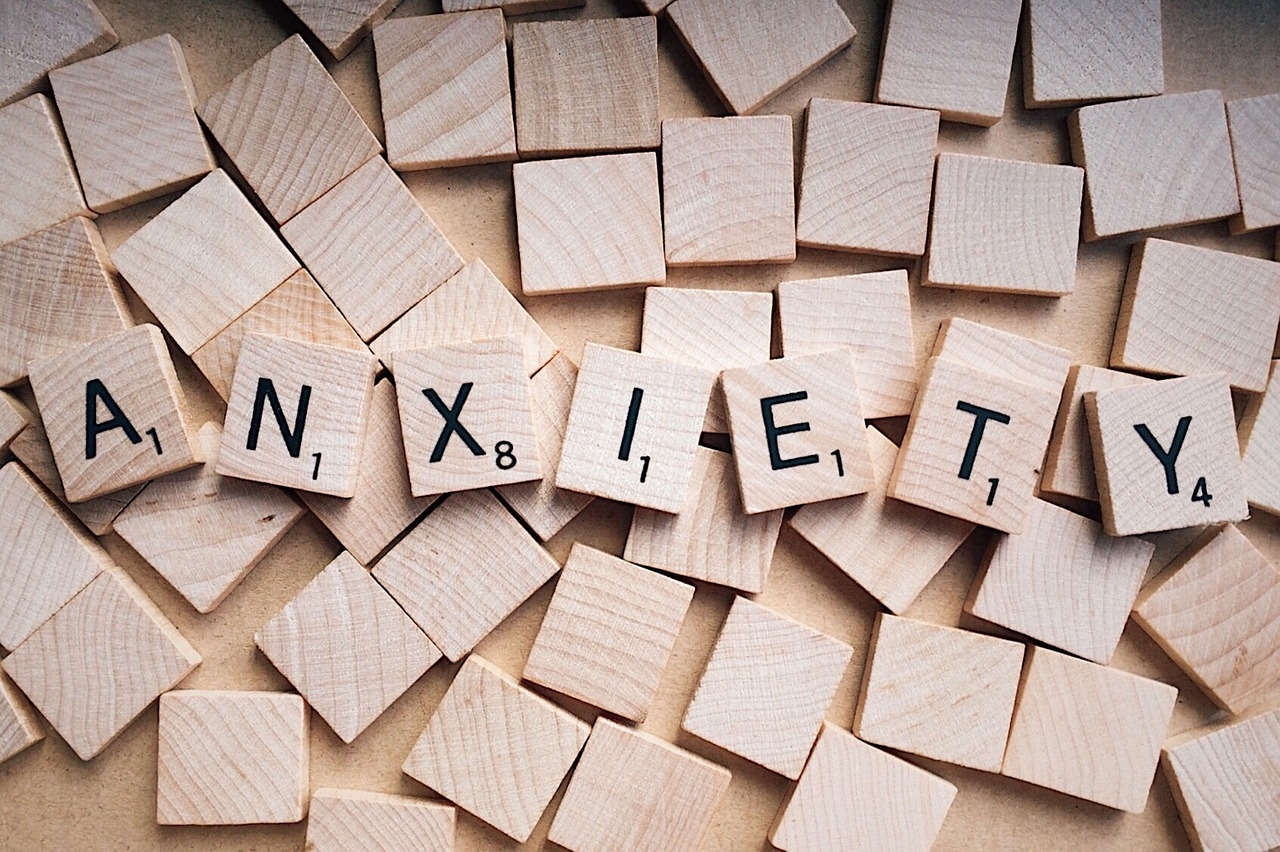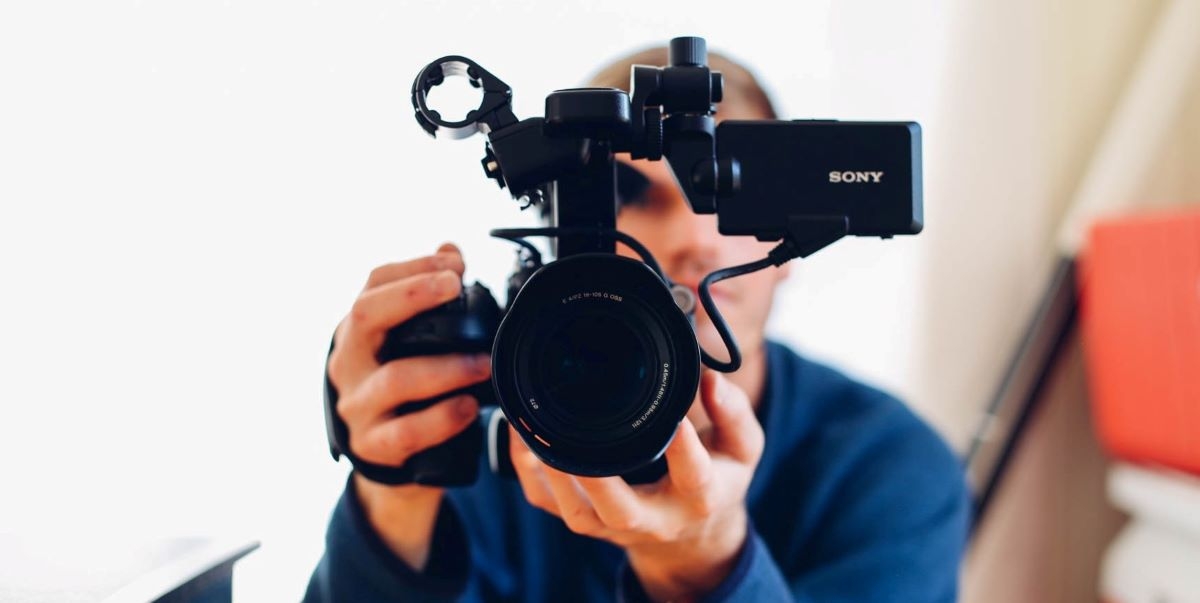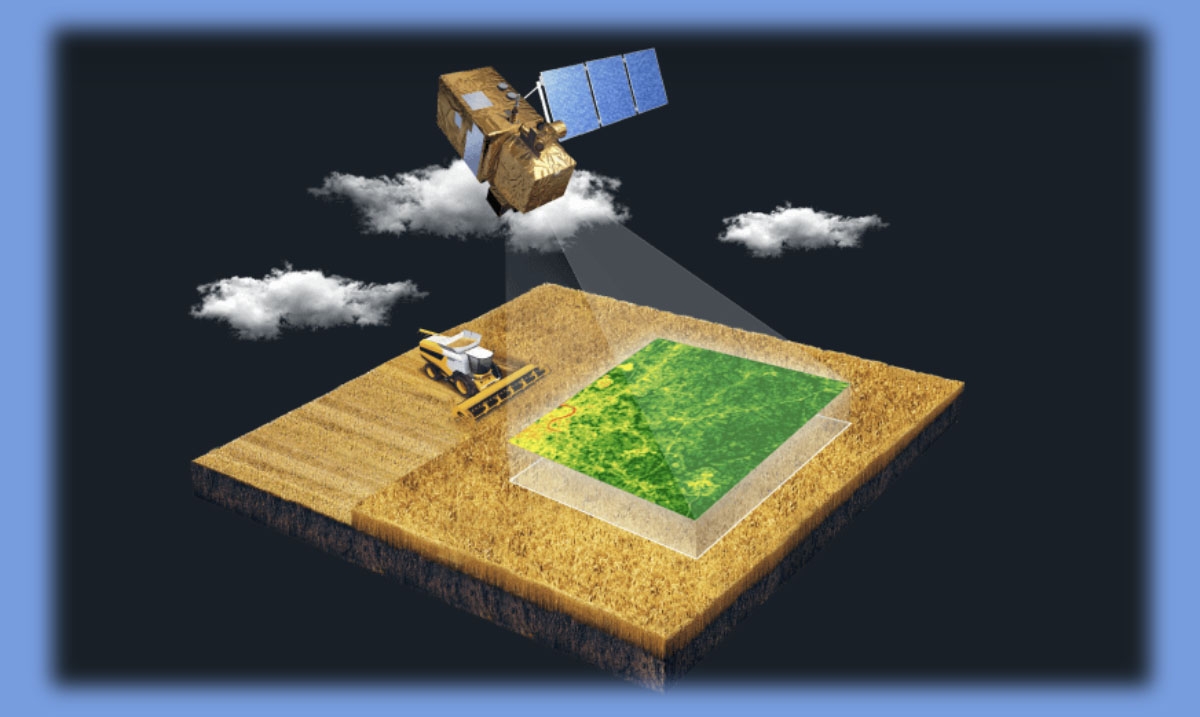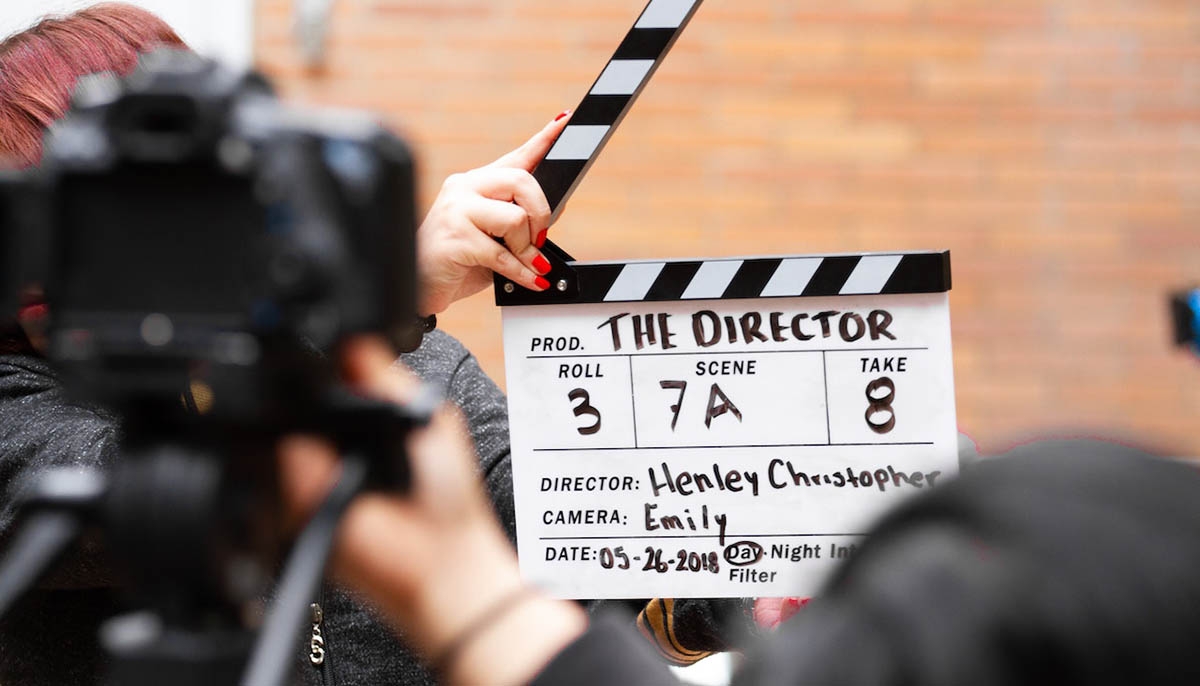
Tips For Shooting On Location in Canada
When you're trying to shoot a film on a budget or want the unique energy of a physical environment that isn't captured by using a green screen, shooting on location is a great choice. However, there are modern conveniences to shooting on set that you won't have if you move your kit and crew out to another location. Shooting on location will have many considerations. You have to pre-plan for potential issues to ensure that your cuts go smoothly and seamlessly. Here are some tips to keep filming going on location.
Have a Backup Power Source
If you're toting around cameras, lighting sources, sound sources, microphones, etc., these things will likely require a lot of power. If you want to film somewhere secluded, like the woods or mountains, you have to consider that a power source won't be available to you. The easiest fix for this is to have a portable power station. A portable power station is essentially a huge power bank, letting you power whatever you need. The bigger the power station, the longer it will power your equipment.
Location
Before you set your heart on a specific location, remember to be flexible. Suppose the site you want is highly populated (take Niagara Falls, for instance) or complex to get a lot of equipment into because of security (an art museum). In that case, you may need to shift your focus. Entry-level cinematographers probably won't have the pull to get the public closed off from a heavily populated location for your filming needs.
Also, consider how difficult it is to get your equipment in and out of your location of choice. Consider how many crew members you have and how large the space is. Equipment is heavy, and it might be difficult for a few people to haul everything up to the top of a mountain if that's your vision.
Permits
If the location you want isn't public domain (a national forest or a public street), you may need to get a location permit to be allowed to film there. Not every location requires a permit, but it's better to ask before you film, especially if it's personal property. Things like shooting on non-public property and shutting down a street will need a permit. If you start filming somewhere private or commercial without first getting a permit, you could be hit with a hefty fine, and you will be responsible for paying for it.
Compromise
The most significant rule to follow is: to be flexible. It's safe to assume that your plans will go awry and you'll have to adjust something. Have more than one backup for every plan: if it rains at your outdoor location, do you have an indoor area that would work? If your favorite museum or store is closed, is there another place or day that would work? If a piece of equipment breaks down, do you have a way to fix or replace it on hand? Plan for everything to go wrong, and you'll always be prepared.
Photo: Martin Lopez, Pexels

